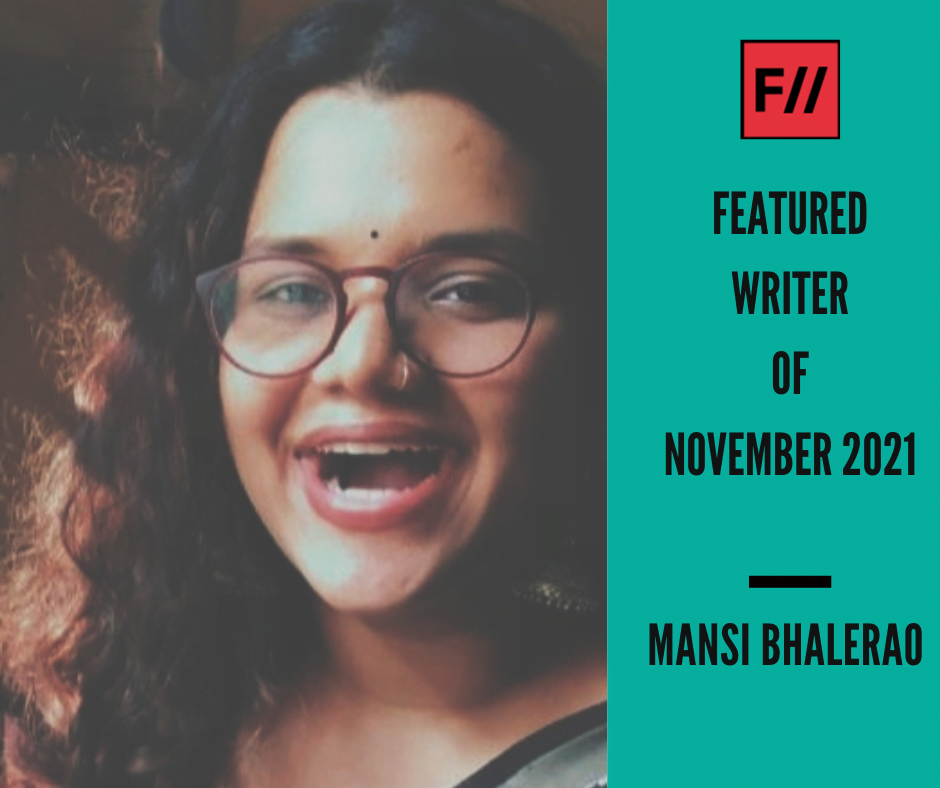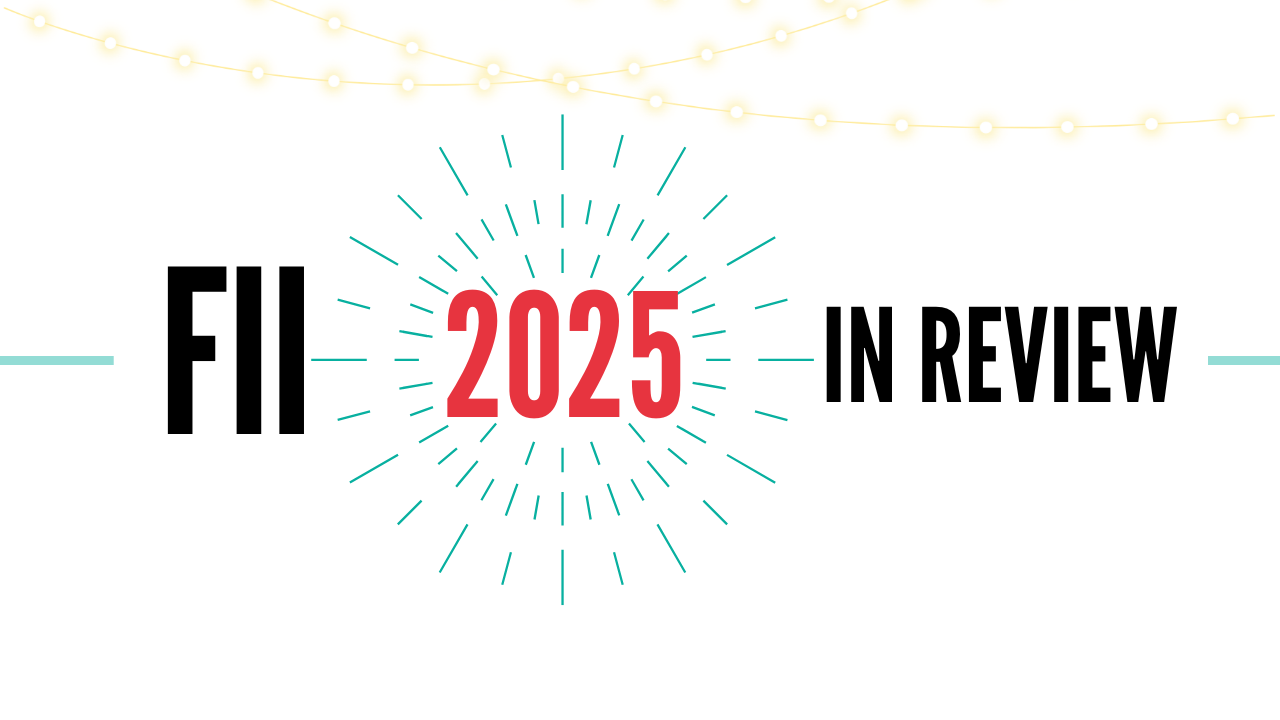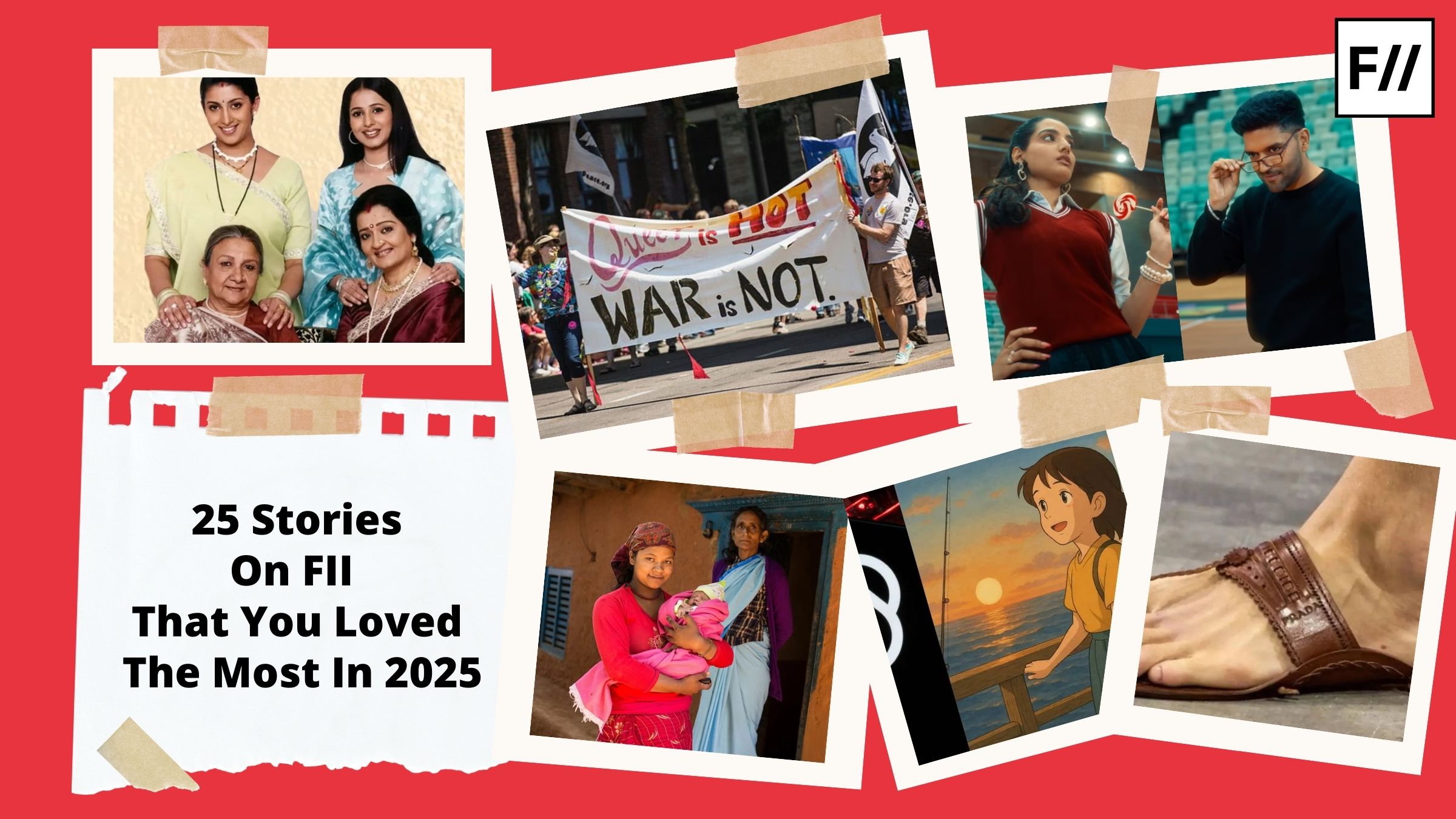We have been featuring the best writers from our writers’ community for their committed contribution to FII, making it what it is today. FII would not exist if not for the passionate and loyal feminist writers’ community that we have steadily been building over the last three years. This November, we feature Mansi Bhalerao.
An Ambedkarite feminist, Mansi Bhalerao is a student at Delhi University’s Miranda House. An enthusiastic writer with a keen eye for details, Mansi’s portfolio consists of a wide range of themes from film reviews to social commentary on the economy, Savarna allyship, reservations, political dissent, sexuality etc. Some of her popular articles include 5 Ways To Be An Ally Without Savarna Saviour Complex, An Evaluation Of Social Reorganisation: Revisiting Dr. Ambedkar’s Nationalism, Jai Bhim: The Portrayal Of Oppressor’s Guilt & The Savarna Imagination Of Justice and so many others.
FII: Tell us a little about yourself and what you do.
Mansi Bhalerao: I am an undergraduate student studying Sociology and Political Science at Delhi University. I am very much fascinated by the holistic and nuanced understanding Sociology as a discipline offers about the Indian society. My writing has been largely influenced by the discipline and I aim to assert my Ambedkarite praxis through my it.
FII: How did you become a part of the FII writer family?
Mansi Bhalerao: I became a part of FII through an internship programme, following which I continued as a writer at the organization. Working with FII has been an experience of learning, unlearning and involves the intricacies of navigating your way in a Savarna dominated space. The staff members and the editors offer strong support and constructive feedbacks which allowed me to write better. The working environment at FII is hassle-free, receptive and warm. The space promises kindness, empathy and learning.
FII: How and when did you become a feminist? Which issues within feminism are close to your heart?
Mansi Bhalerao: I was introduced to the theoretical understanding of feminism during my first year of under graduation. However, the spirit of resistance and dissent that feminism imbues is one that instinctually came to me since high school. It was instilled from the immediate demand of steering my space and identity in the patriarchal setting of a family. Being introduced to the Ambedkarite discourse in the latter years of my graduation was both enabling and emancipating. It equipped me to make better sense of my lived experiences as a Dalit woman and provided an understanding of the shared struggles of Bahujan students in the Brahmanical space of a University.
FII: What is your favourite piece on this site that you have written, and your favourite piece on this site that you have read? Why did they strike you?
Mansi Bhalerao: My favourite piece on FII is ‘Are you woke enough to make out with me: Dating Apps and Digital Activism’ by Ankita Dhar. The piece is crafty and satirically comments on the woke gymnastics that you witness on dating apps like Bumble in India. Ankita wittingly exposes the fallacies and ‘woke’ dreams of young upper class Savarnas, whose material reality is very much divorced from the tokenistic opinions they posit. A self-written piece that I cherish is my first piece at FII on ‘The Ally Theatre of Savarna Solidarity’ which again condemns the hypocrisy and duplicity of the Savarna left-liberals, evident in their political activism.
FII: What do you like to do when not writing about gender and social justice?
Mansi Bhalerao: I spend my time watching cinema, capturing the aesthetics of cities through my photos and deriving comfort from music to survive the digital transition of a post-Covid life.
FII: What do you like about FII and our work? What more would you like to see from us?
Mansi Bhalerao: One distinguishing fact about FII is that it holistically covers a wide spectrum of issues that not only comment on women’s struggle but other vital intersections that impact our lives. The diverse verticals exemplify FII’s commitment towards social justice. Nevertheless, it is crucial that the space exercises self-reflexivity, organizational democracy and offers structural inclusivity to marginalized communities whose opinion and work it platforms.
FII thanks Mansi for her timely and valuable contributions. We are incredibly grateful to have her as a part of our writers’ community and appreciate her for her deeply informative writing. You can follow her on Instagram and Twitter.
About the author(s)
Feminism In India is an award-winning digital intersectional feminist media organisation to learn, educate and develop a feminist sensibility and unravel the F-word among the youth in India.




